Barbecues have a cult following, both at home and in restaurants, dishing up everything from 24-hour ribs and Southern-style pulled pork to vegan delights. Choosing the right fuel for your barbecue will be the most important aspect of your search but it’s not the only element to consider.


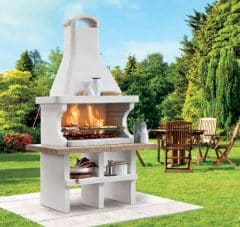
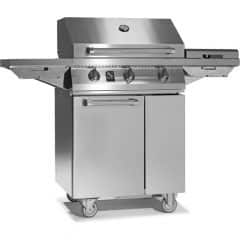

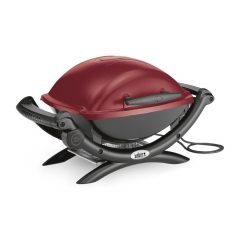
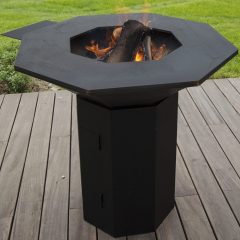
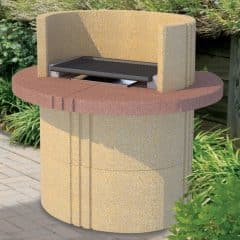
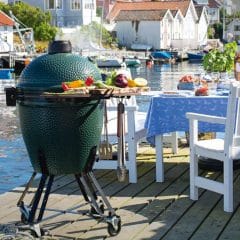
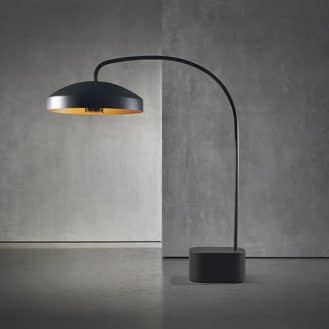
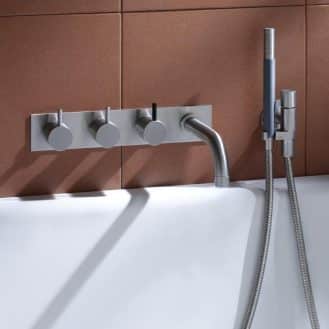


Thank you for explaining that a barbecue for your home will depend on available space, placement, ease of use, and desired cook time. My mother is planning to have a Charcoal BBQ in our home. I better advise her to consider those things and hire a contractor that’s an expert in Charcoal BBQ installation.